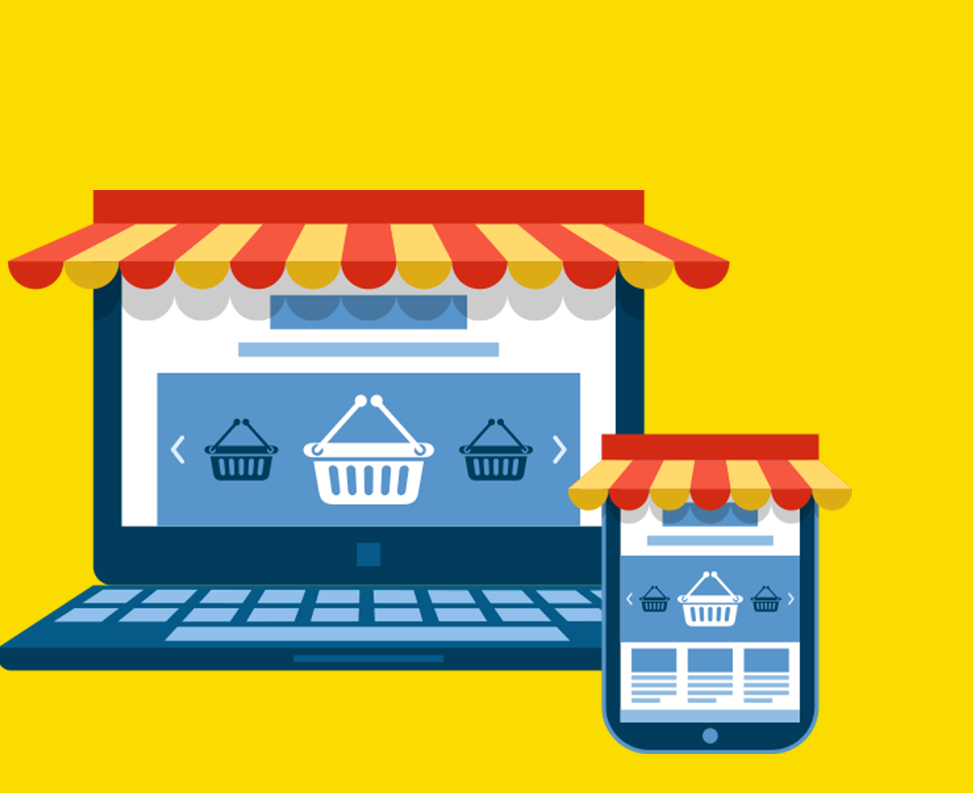Payment Gateways vs eMoney – Everything you need to know
Sep 20, 2017, by Dan Whale

Payments
eMoney
Marketplaces
You may not be familiar with the term payment gateway, but you will have certainly used one. It is likely that you have used some form of eMoney as well, but what is the difference - and why does it matter?
Payment Gateway
A payment gateway is what you use to make a card purchase online. Whether you’re buying a t-shirt, a holiday, pet insurance or your lunch, this is what you’ll use. You can think of it as the online equivalent of a card machine in a shop. It is an instrument that connects the merchant with your bank through an acquirer and the card schemes (more information on how the ‘four party model’ works can be found here).
Payment gateways allow merchants to hand the responsibility of the payment to third parties in place of requesting bank-to-bank transfers and are the only scalable way of taking card payments online. That being said, payment gateways are not always flawless. Handing the responsibility of the payment to a third party means that they can block payments they do not feel comfortable/secure with, which can result in bad customer experience. Furthermore the gateway page often takes the end user away from the product page or to a page that is branded differently. For some customers, this creates issues in terms of trust as they are asked to enter their card details into a screen they have not seen before.
FinTechs such as Stripe have attempted to alleviate some of the drawbacks with payment gateways. Stripe have built an attractive payment gateway which sits well on any website, but what’s more impressive is how easy and transparent they have made their integration process for merchants. They were one of the first payments companies to openly display their API documentation on their website and they have made setting-up a payment gateway quick and simple.
Whilst there are certain drawbacks to payment gateways, when it comes to supporting simple online payments (especially since the developments of FinTechs such as Stripe) they are more than adequate. However, what about when you need to support complex payments?
This is where eMoney comes in.
eMoney
With eMoney, everyone’s money balance is recorded on a ‘stored-value card’ or in an electronic account. Instead of the money being linked to individual bank accounts, all money is stored in an electronic ledger which reflects all eMoney accounts created. This allows for separate, private eMoney schemes to be built on eMoney infrastructure.
For example, eMoney is used for the Paybase-owned app Payfriendz. Users top-up their Payfriendz account, then money can be sent to, and between, other Payfriendz accounts and be withdrawn.
This is a lot more cost-effective as no money movement is actually involved in account to account transactions - it is only the balances of both parties that need to be adjusted in the ledger. What is more, the private eMoney scheme means that the company using it can set its own parameters, for instance around loyalty points and their conversion to fiat currency – of course, all within the regulatory framework.
However, speaking more generally, eMoney opens the door to innovation through being a lightweight financial instrument. This is especially true for marketplaces. It permits possibilities such as multiple accounts for users, escrow accounts, loyalty accounts and multi currency accounts, all of which can be set up instantly. Let’s look at some examples:
Marketplaces
Currently the majority of marketplaces use a standard payment gateway to accept their payments. This is not very practical. In this instance, all the payments that the marketplace receives need to, at some point, be reconciled and paid out to sometimes thousands of individual sellers.
Using eMoney, a customer can pay the seller’s account directly, whilst the marketplace can still easily take their cut. This eliminates the need for reconciliation and reduces operational overhead, allowing the marketplace to focus on their core business.
Marketplaces aren’t just online stores with buyers and sellers such as Etsy, eBay, etc. Gig and sharing economy platforms are also marketplaces - marketplaces mainly focused on services. Giants such as Deliveroo and Uber are some of the main examples of this, however this is an industry that has exploded in recent years and now includes everything from freelance video producers to dog walkers.
eMoney infrastructure can help these types of platforms in the exact same way as it can help ‘standard’ marketplaces. Instead of money going to the platform to then be settled to each freelancer or supplier, it goes straight to the person who has performed the service/provided the good, with the platform automatically taking their cut.
Another great use case of eMoney in this context is escrow-like functionality. This would, for instance, allow a customer to pay a freelancer working for a handyman services platform to put up some shelves, with funds only being released when the shelves are up. This kind of payment system creates a lot more trust between the user and the service provider.
Finally, eMoney infrastructure lends itself well to setting up loyalty programmes. If you are a marketplace, you could reward your sellers with loyalty points based on number and/or value of transactions they have. Due to the ease in which eMoney accounts can be created, a loyalty ‘points’ eMoney account can be opened for every merchant and the loyalty points periodically paid out in fiat currency.
Issues with eMoney
As useful as eMoney can be, it isn’t the most straightforward thing to set-up and operate. Firstly, to operate as an eMoney Institution you must be authorised by the FCA - this is a long process. Even if eventually authorised, compliance and anti-money laundering (AML) procedures must be implemented, which can be arduous and costly.
Additionally, funds need to be held in a certain type of bank account called a ‘client segregated’ bank account. As with authorisation from the FCA, this account is not opened arbitrarily, especially due to FinTechs often being seen as higher risk. Finally, the level of tech required to build eMoney infrastructure is no small ask. Firms must integrate with multiple payments providers that use legacy technology, so no matter how impressive your technology is, it must be compatible with that of others.
Paybase
We started Paybase because we see the vast potential of eMoney yet are aware of how difficult it can be for companies to set up and implement eMoney infrastructure if payments aren’t their core focus. The Paybase Platform resolves the issues around eMoney described above by providing an end-to-end solution covering payments, compliance and risk. With no set-up fees or monthly minimums, we provide a cost-effective solution which gets your business to market quickly.
Our single API and cutting edge technology allow for simple, rapid integration and unprecedented flexibility.
If you are a marketplace or an app that could benefit from eMoney infrastructure, get in touch!


